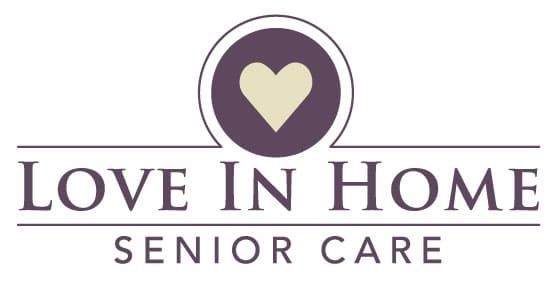Common Communication Problems in Seniors

Elder Care in Spokane South Hill WA: Common Communication Problems
Communication disorders are more common in elderly people because they are more likely to suffer from health conditions that can affect hearing, speech and comprehension. Family caregivers that are caring for aging loved ones with communication problems know that there is an added layer of difficulty in these situations. However, greater understanding about the most common communication problems in seniors can help family caregivers and elder care assistants better serve their needs.
Communication Problems.
Even the smallest infant engages in communication, both verbal and nonverbal. As kids mature into adults, their communication skills increase rapidly and they are able to navigate the world with relative ease. During the process of aging, however, health issues can have a significant impact on communication abilities. Reduced communication introduces a whole new set of challenges to elderly people that have been used to something different all their lives.
Some of the most typical communication problems include hearing loss, reduced vision, stuttering, weakened facial muscles, swallowing issues, and inability to write. The health problems that can interfere with regular communication range from physical issues that are simply due to aging, like hearing loss, to neurological problems that affect the brain and muscles.
Here are just a few of the more serious conditions that can affect communication:
- Stroke
- Cancer
- Brain tumor
- Parkinson’s disease
- Cerebral palsy
- Alzheimer’s disease and dementia
- Multiple sclerosis
- Amyotropic Lateral Sclerosis (ALS)
Depending on the severity of the condition, communication can be boosted with certain technological devices, therapy, and general communication measures tailored to the elderly person’s abilities.
How to Enhance Communication with Elderly Loved Ones.
To improve communication with elderly loved ones, there are plenty of things that family caregivers can do. Following the guidance of professionals like doctors, audiologists, speech therapists, physical therapists and more, seniors can regain communication, often in different ways than before their health issues. Some of the ways that the elderly can boost communication include hearing aids, speech and language therapy, single hand sign language, and non-verbal communication strategies.
Family members have the responsibility to make it as easy as possible for their elderly loved one to communicate. Besides working with professionals to help the elderly person, family caregivers should use communication aids as needed. They can also coach and encourage their loved one to utilize alternative communication methods, and teach other family members and elder care assistants how to best work with elderly loved ones with communication issues. Simple tips can include things like reducing background noise, allowing the senior extra time to respond and watching for nonverbal cues. Elder care assistants should also be made aware of any communication problems and solutions so that their interactions will be effective.
Health problems that affect communication can bring up all kinds of frustrations and heartache for elderly loved ones. With loving support from family caregivers, they can use new technology and techniques to be proactive in responding to their new normal and explore alternative ways to communicate effectively once again.
If you or an aging loved one are considering elder care in Spokane South Hill, WA, please contact the friendly staff at Love at Home Senior Care, today. Call (509) 204-4088
Source:
https://www.ncbi.nlm.nih.gov/pmc/articles/PMC3074568/
- Are You in Good Hands? 5 Key Qualities That the Best Caregivers Should Have - December 3, 2019
- Emergency Preparedness: A Checklist for Older Adults and Seniors - November 29, 2019
- 6 Fun Fall Activities That Seniors and Caregivers Will Love - November 27, 2019
